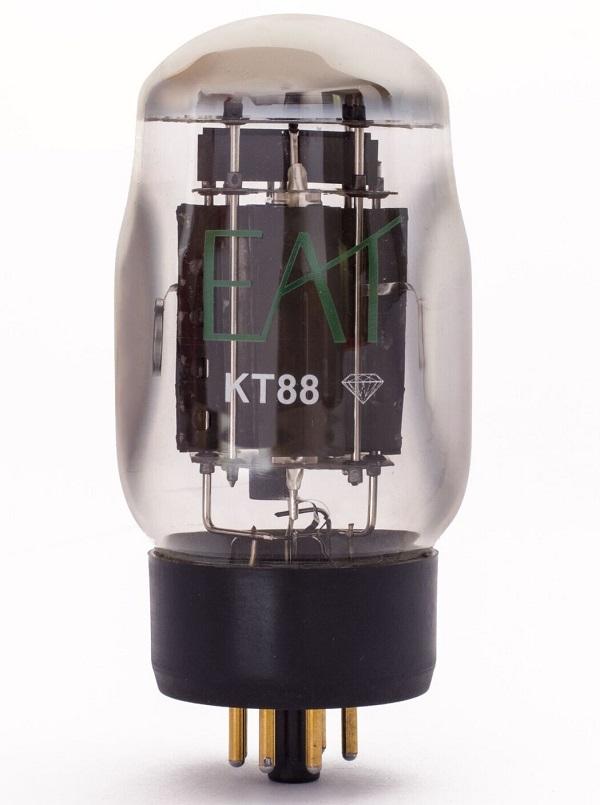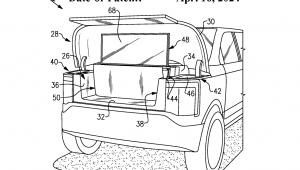Older is Better

Things that are old will last longer and will be more useful for a longer time, than things that are new. Part of that statement is fairly obvious. If something is old, it has already lasted longer than something that is new. But I think old stuff will also be more useful, mainly because unlike new stuff, the old stuff will still actually work.
The earliest audio devices were simple, spring-driven record players, and a surprising number of them are still operating today. Partly, that's because they were built to last. I mean, these were products of the Industrial Age and they are beefy, really beefy. They are also still operating because any reasonably competent blacksmith could repair them. It's hard to find a good blacksmith these days but you get my point: With simple tools and simple skills, these can be repaired indefinitely.
Let's fast-forward to modern times. I have lost count of the number of cell phones I have purchased, used for awhile, and thrown away. After a relatively short life, they could no longer run the flavor of Android or version of app I needed, so they became worthless. And, in the event of damage, the idea of repairing them was never an option either because it was too expensive or because I knew it was almost time to buy a newer phone anyway.
Now let's fast-reverse to an in-between technology, something like a CD player. Again, I've gone through more of them than I care to count. It's not that the newer versions were particularly better, and certainly none of them became obsolete; all of them could play Red Book CDs. The problem is they broke; in my experience, it seemed like the laser pickups were the weak link. And when they broke, it wasn't cost effective, or often even possible, to repair them.
Along that line of thinking, I bet that at some future time, it will not be possible to play a CD, but it will be easy to play a 78-rpm record. All the laser-reading CD players will have broken and not been repaired, whereas the simple wind-up Victrolas will still be cranking along. The older, primitive technology will outlast the more sophisticated.
For similar reasons that's why the famous gold audio-video records attached to the Voyager 1 and 2 spacecraft in 1977 were designed to very simple specifications; an alien race would have little trouble in constructing a player to play the 12-inch analog discs. If we had sent more complicated media past the outer edges of the solar system, aliens might be puzzled about how to play them.
All of which brings us to vacuum tubes. I got a press release today. It wasn't about laser beams, smart speakers, or cloud services. It was about vacuum tubes. Vana Ltd. is bringing two European Audio Team vacuum tubes to North America. They are "painstakingly handcrafted" in the Czech Republic, oddly enough, in "a former Tesla factory." The KT88 is often used as a pair in Class AB amplifiers. The 300B is used in both single-ended and push-pull amplifiers. A 4-pack of matched KT88s costs $1,795, and a matched pair of 300Bs are $1,695. Still available. Not cheap, but available.
In some future time, when you are trying to find a replacement 80-pin chip for your CD player, or a pair of triode vacuum tubes for your amplifier, I'm pretty sure I know which one you'll find first. Like I said, older is better.





























































